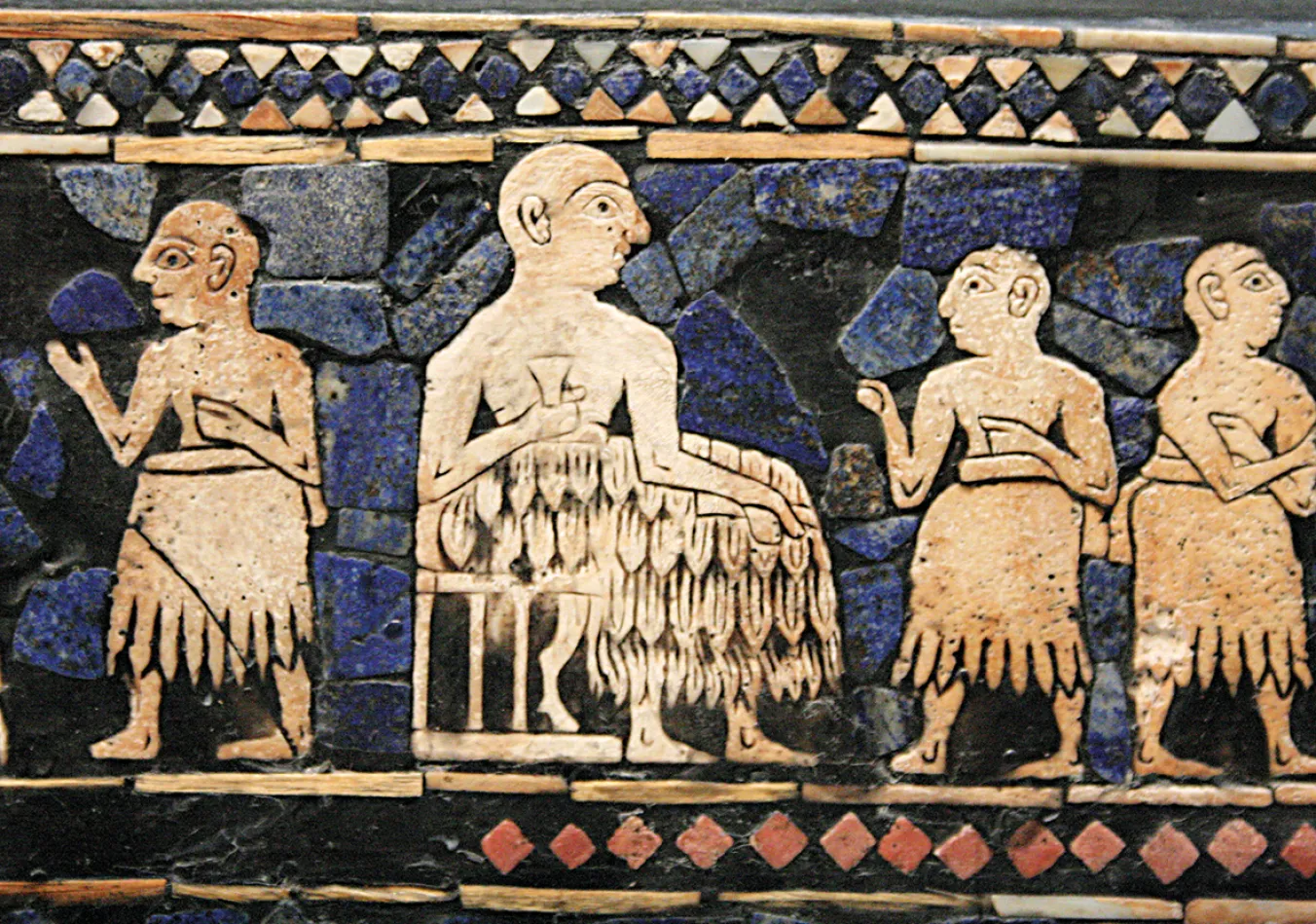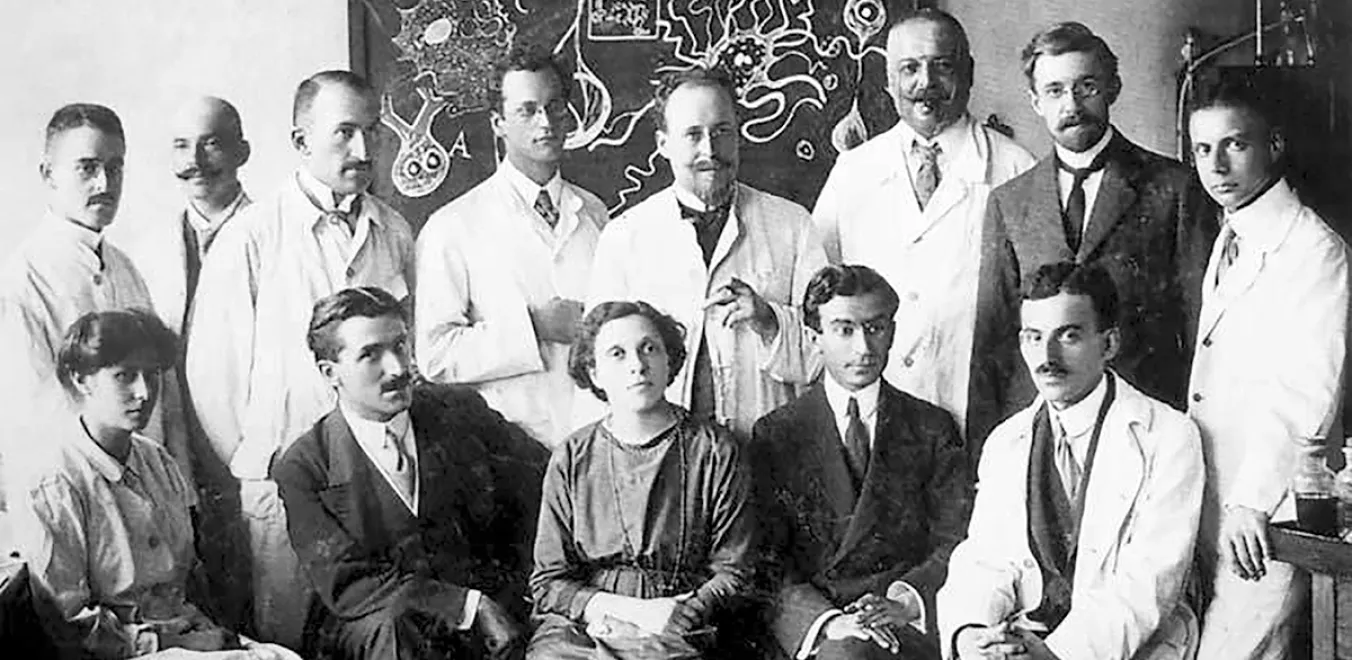
THE taste of food is something that seems fundamental. In Marx’s view, expressed in A Contribution to the Critique of Political Economy (1859), a physical property like taste provides a measure of the use-value of a commodity as distinct from its exchange-value: “From the taste of wheat, it is not possible to tell who produced it, a Russian serf, a French peasant or an English capitalist.”
Today, humanity consumes nearly 800 million metric tons of wheat a year. Other foods such as potatoes, rice, and different cereal crops are essential to diets around the world.
All of these contain large amounts of carbohydrates in the form of starch molecules. These molecules were made by the plants as an energy store. When plants photosynthesise, they use sunlight to convert water and carbon dioxide into glucose molecules.

















